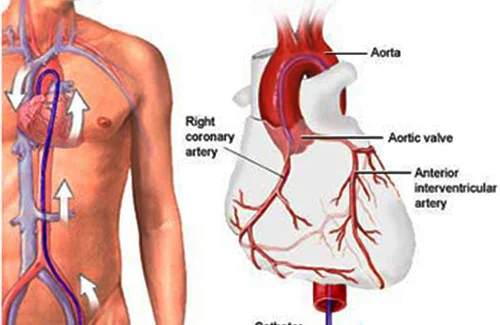Diabetes Management: A Comprehensive Approach
Diabetes management is essential for preventing complications and maintaining a healthy lifestyle. It involves a combination of lifestyle changes, medication, regular monitoring, and education to help individuals manage their blood sugar levels effectively.
Lifestyle Changes
- Healthy Eating: A balanced diet is crucial for managing diabetes. Focus on consuming whole foods such as vegetables, fruits, whole grains, lean proteins, and healthy fats. Monitoring carbohydrate intake is particularly important, as carbohydrates directly affect blood sugar levels. Portion control and regular meal timings can help in maintaining steady glucose levels.
- Regular Exercise: Physical activity plays a significant role in managing diabetes. Regular exercise helps improve insulin sensitivity, allowing the body to use glucose more effectively. Activities such as walking, cycling, swimming, or even yoga can contribute to better blood sugar control.
- Weight Management: Achieving and maintaining a healthy weight is beneficial for individuals with diabetes, especially those with type 2 diabetes. Weight loss can improve insulin sensitivity and reduce the need for medication in some cases.
- Depending on the type of diabetes and individual health needs, medications may be prescribed to help control blood sugar levels. For type 1 diabetes, insulin therapy is essential, while type 2 diabetes may be managed with oral medications, insulin, or other injectable drugs. Adhering to the prescribed medication regimen is crucial for effective management.
- Monitoring blood sugar levels regularly helps in understanding how different factors like food, exercise, and stress affect glucose levels. This information is essential for making informed decisions about diet, activity, and medication adjustments.
Education about diabetes is fundamental. Understanding the condition, its effects, and how to manage it empowers individuals to take control of their health. Support from healthcare providers, diabetes educators, and support groups can provide valuable guidance and encouragement.
Conclusion
Effective diabetes management requires a comprehensive approach that includes healthy lifestyle choices, medication, regular monitoring, and ongoing education. By taking proactive steps, individuals can control their diabetes, prevent complications, and lead a healthier life.

